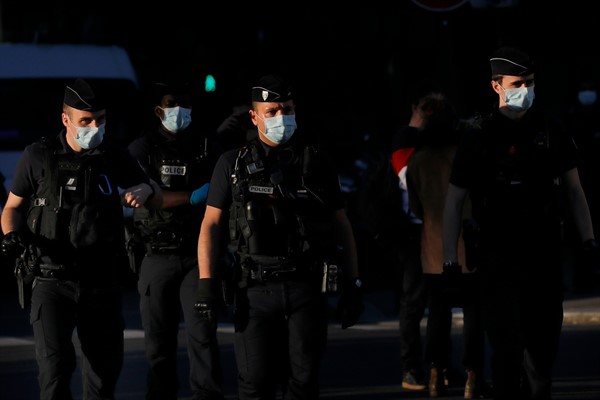The violent protests in Paris’ banlieues this week, after an incident of police brutality, are a clear indication of the social tensions fueled by France’s strict national lockdown in response to the coronavirus pandemic. Neither the violence by police nor the riots come as any surprise, given the history of both in the suburban ghettos surrounding France’s major cities, where much of its immigrant and immigrant-origin population lives.
But the tensions between France’s overstretched security forces and its population extend beyond the banlieues. Combined with popular dissatisfaction over French President Emmanuel Macron’s response to the pandemic, they risk making Macron a lame-duck president, creating a power vacuum that could jeopardize France’s ability to navigate the lengthy crisis ahead.
In the weeks since France instituted its strict confinement measures in March to contain the spread of COVID-19, there have been many reports of heavy-handed police enforcement in the banlieues, including alleged harassment and physical violence. In one episode, two officers were suspended after a widely circulated video captured them using racist slurs against a man they were arresting. This week’s riots were triggered when a motorcycle driver slammed into the door of a police car that had opened suddenly before him, sending the motorcyclist to the hospital with serious injuries; it remains unclear whether the police opened the car door in his path intentionally or unintentionally.

